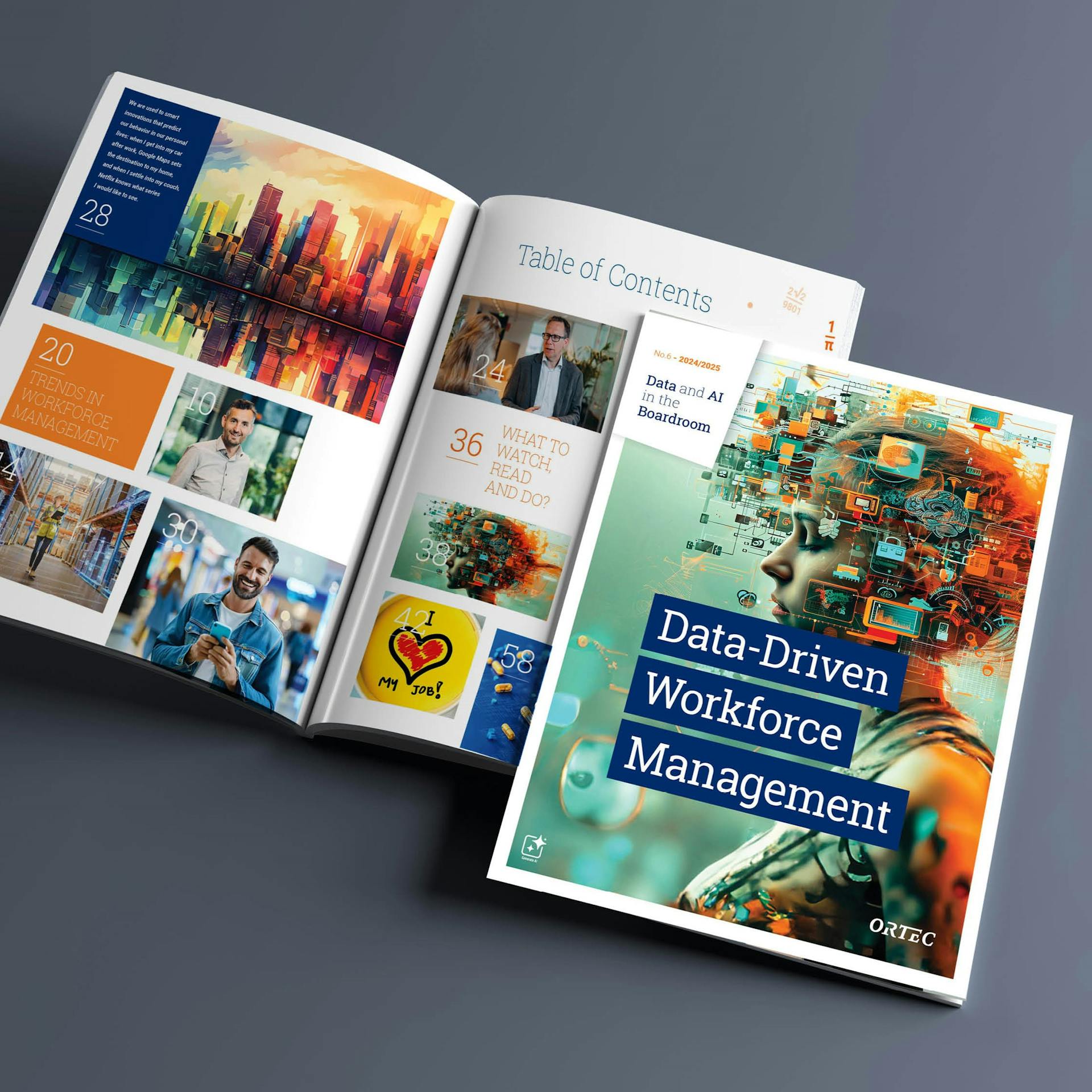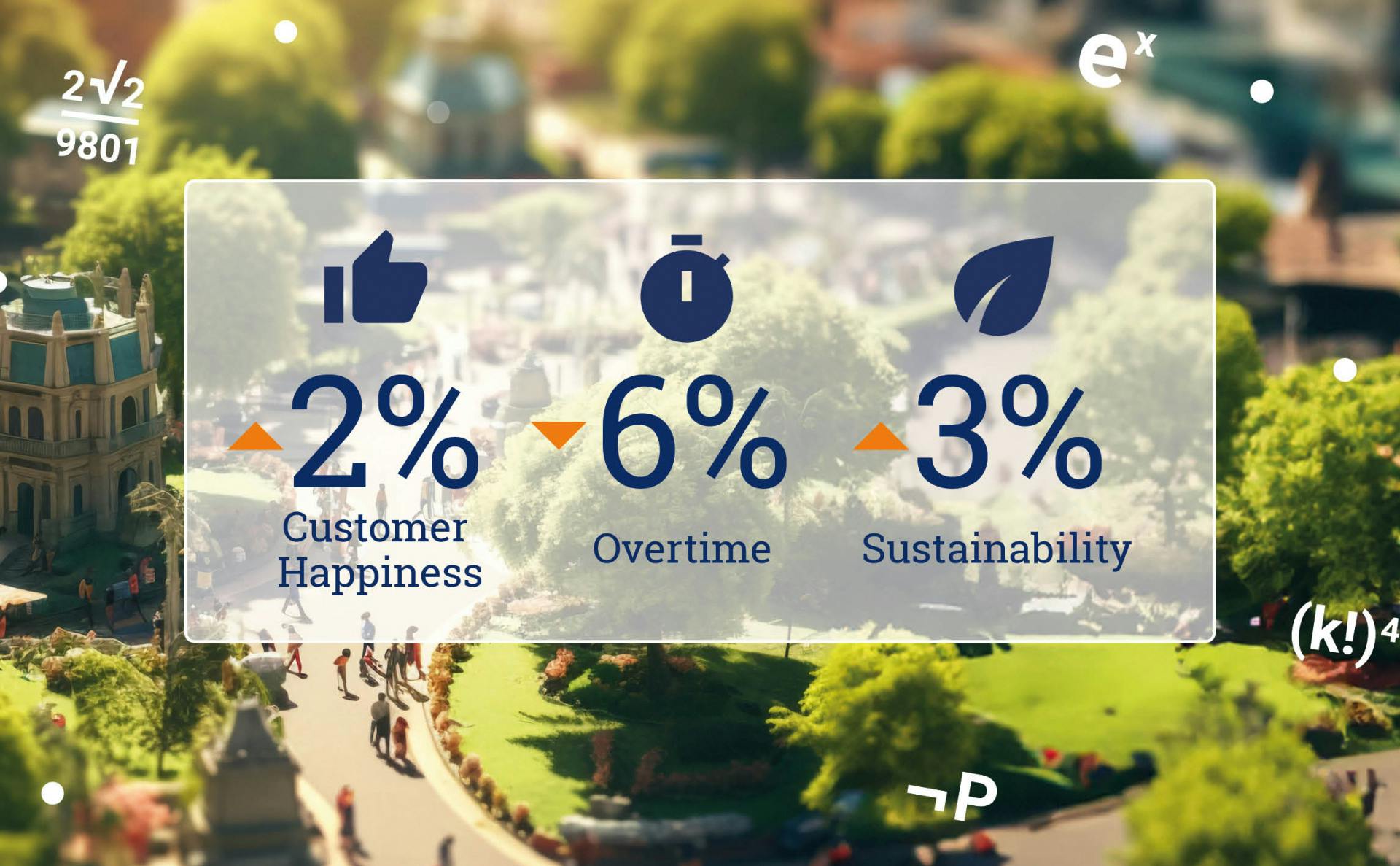Key considerations in Workforce Scheduling
By optimizing shift allocations, predicting workload demands, and accommodating individual preferences, many of us hope that AI can create a more balanced work-life environment. For instance, AI-driven scheduling can eliminate guesswork, reducing both overstaffing and understaffing by accurately forecasting demand. What I find even more exciting is its potential to foster fairness in shift assignments by minimizing human bias - ensuring workers’ needs and preferences are genuinely considered.

Pui Yi Chan
"Many of us hope that AI can create a more balanced work-life environment."
As we move forward, it’s crucial to ensure these technologies benefit both employers and workers. While the implementation of AI is new, the methods for safeguarding worker rights and well-being can be found in the field of ‘business and human rights.’ Here are five key considerations to keep in mind:
1. Impact and bias assessment
The possible risks and unintended consequences of AI-driven scheduling should be identified and their effect on workers’ health, happiness, job satisfaction and job security should be evaluated. Here, it is vital to discover potential discriminatory scheduling practices and scenarios which may disproportionately impact certain groups.
2. Transparency
Employers should clearly communicate the purpose and benefits of AI-driven scheduling to their workforce. Transparency about how data is collected and used can help alleviate concerns about surveillance and build trust.
3. Worker involvement
Involving workers in the development and implementation of scheduling systems can ensure that their needs and preferences are considered. This collaborative approach can enhance the sense of autonomy and ownership over their schedules.
4. Balancing efficiency and well-being
While efficiency is important, it should not come at the expense of worker well-being. Employers must find a balance between optimizing schedules and providing a supportive work environment that prioritizes mental health and job satisfaction.
5. Continuous improvement
An effective grievance mechanism should be in place so workers can raise issues and seek redress. AI systems should be continuously monitored and improved based on this feedback. This iterative approach can help evolve the technology to meet the changing needs of the workforce.
Prioritizing transparency and well-being in AI implementation
While AI has the potential to revolutionize workforce scheduling, the success depends on how it’s implemented and perceived by workers. By prioritizing transparency, involvement, and well-being, organizations can harness the benefits of these technologies while fostering a more engaged and efficient workforce.
From the Pages of Data & AI in the Boardroom
This article is part of the 6th issue of our magazine Data & AI in the Boardroom.
Data-Driven Workforce: The Future Is Now
Discover how data and AI are transforming workforce management. Explore the latest trends, best practices, and real-world examples. Gain insights from experts on optimizing scheduling, balancing supply chain and workforce, and leveraging technology for improved efficiency.

About Pui Yi Chan
As the Corporate Sustainability Manager at ORTEC, Pui Yi challenges the company to ‘innovate for the better’. She ensures ORTEC fulfills its sustainable responsibilities and aligns its operations and strategy with best practices. She aims to promote a holistic approach to sustainability within the organization and help her colleagues incorporate it into their (daily) work.



